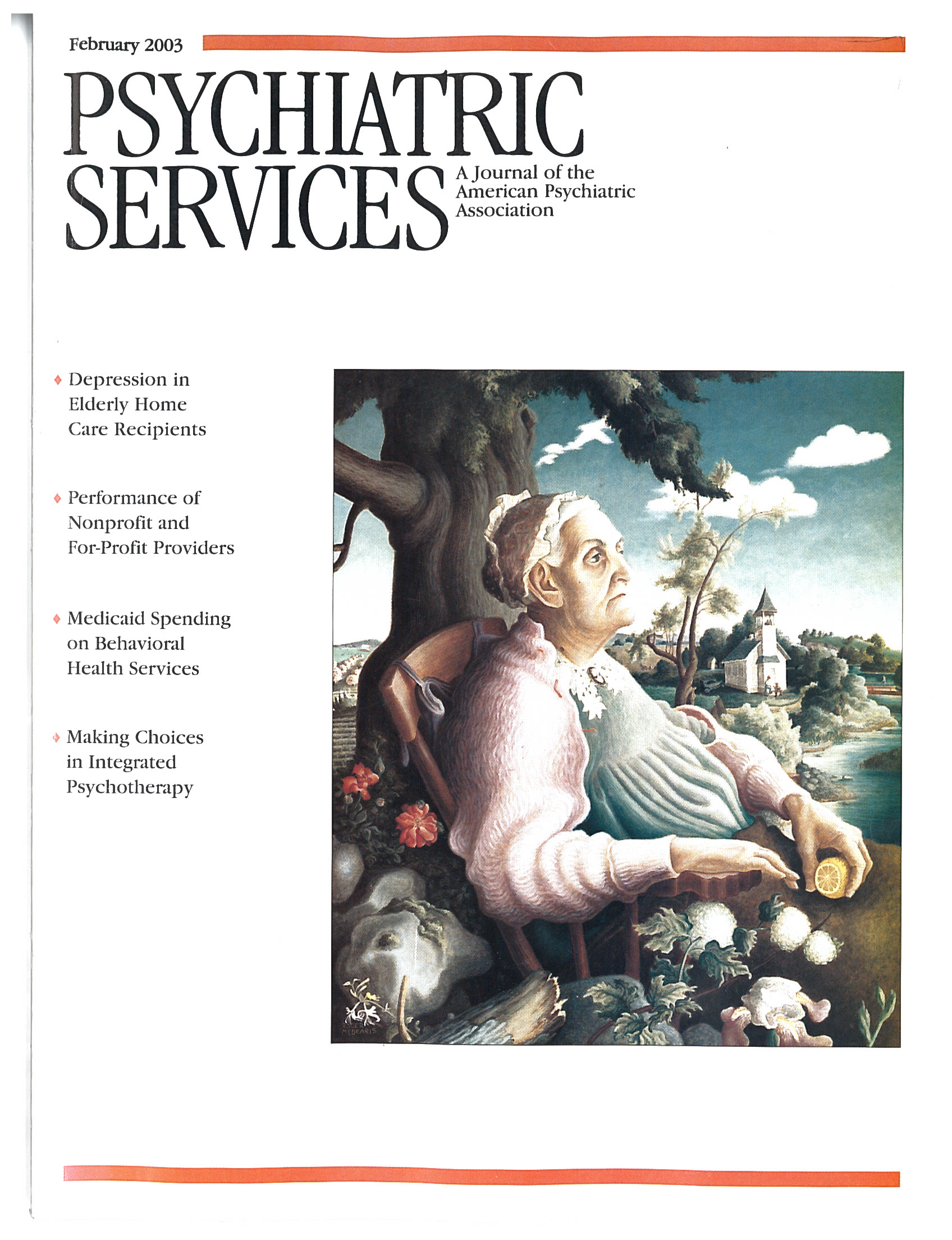Pathology and the Postmodern: Mental Illness as Discourse and Experience
This book is a collection of essays about fitting the complexity of mental illness into the rhetoric of postmodernity. Here we find a chapter called "Performing Methods: History, Hysteria, and the New Science of Psychiatry," written by an assistant professor of sociology who "has published work on women, panic, and postmodernity, and on the technopoetics of Black-urban rap music" and "also experiments with multimedia performance." The chapter seems to be about anxiety disorders. Despite the chapter's claim to be about "the new science of psychiatry," of 32 psychiatric references, 15 are from 1969 or earlier, 14 are from the 1970s and 1980s, and none of the remaining three are more recent than 1994. The bulk of this chapter is the author's description of her participation in a Harvard clinical research study—panic disorder as performance art.
Another chapter, on borderline personality disorder, does not cite Linehan nor, in fact, any psychiatric literature more recent than 1991, apart from DSM-IV.
Bad writing saturates this book. Consider this example: "Modernist institutions, as nurtured within the Enlightenment, and fulgently flowering within the present century, are importantly premised on the assumption of persons as quintessentially interior, that is, imbued with an inner domain of selfhood." A decent editor would have reduced that to something like, "Modern institutions are shaped by the assumption that persons have interior lives and inner selves."
A chapter by John P. Hewitt, Michael R. Fraser, and LeslieBeth Berger— "Is It Me or Is It Prozac? Antidepressants and the Construction of Self"—is an interesting essay on the interplay of diagnosis, medication, and self. Vivien Burr and Trevor Butt, in "Psychological Distress and Postmodern Thought," discuss the pathologization of everyday life. But the therapeutic proposals in this book—the postmodern psychotherapies, if you will—seem designed mainly to encourage the patient (not that the authors use such a term) to think like the therapist. The history of psychotherapies should warn us against this particular path, long on charisma and philosophical purity and short on actual demonstrated benefit to the patient.
In the end, most of the chapters in Pathology and the Postmodern seem frivolous and arrogant. It is not that the mental health professions have no room for philosophy or the social sciences, nor that all psychological truth is to be found in neurobiology. Social and political concerns pervade much of the mental illness enterprise, and disciplines such as ethics bring important contributions. Those who view our field as solely biologically driven are misinformed. Over decades, the influence of each of the three parts of the biopsychosocial model have waxed and waned, and these cycles will continue.
Postmodern discourse, as explicated in this book, seems trivial and self-indulgent, especially when juxtaposed to the suffering of those we serve. We should worry that this book may reflect what liberal arts undergraduates are being taught about mental illness. I cannot recommend this book to working mental health professionals, unless they want to explore postmodernism.
Dr. Carmel is associate consulting professor of psychiatry at Duke University and clinical director at John Umstead Hospital in Butner, North Carolina.



